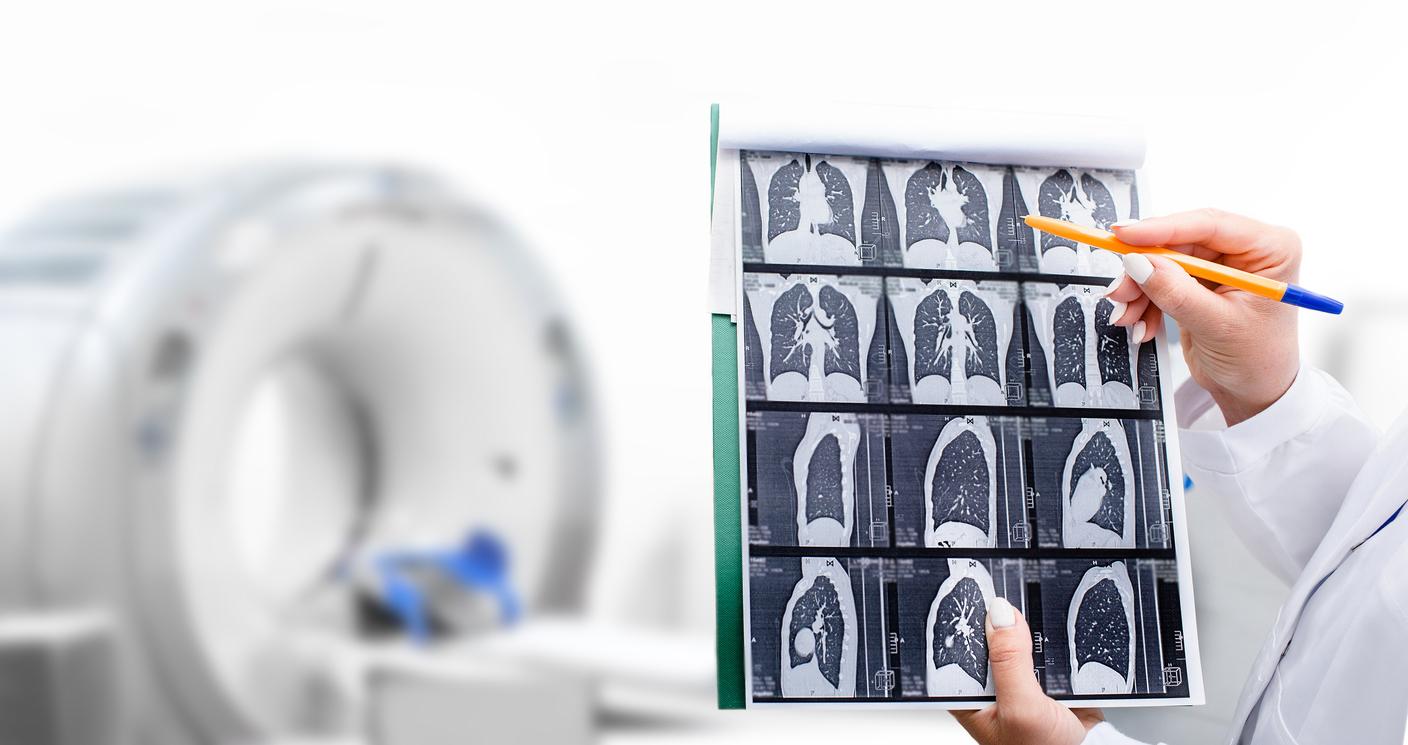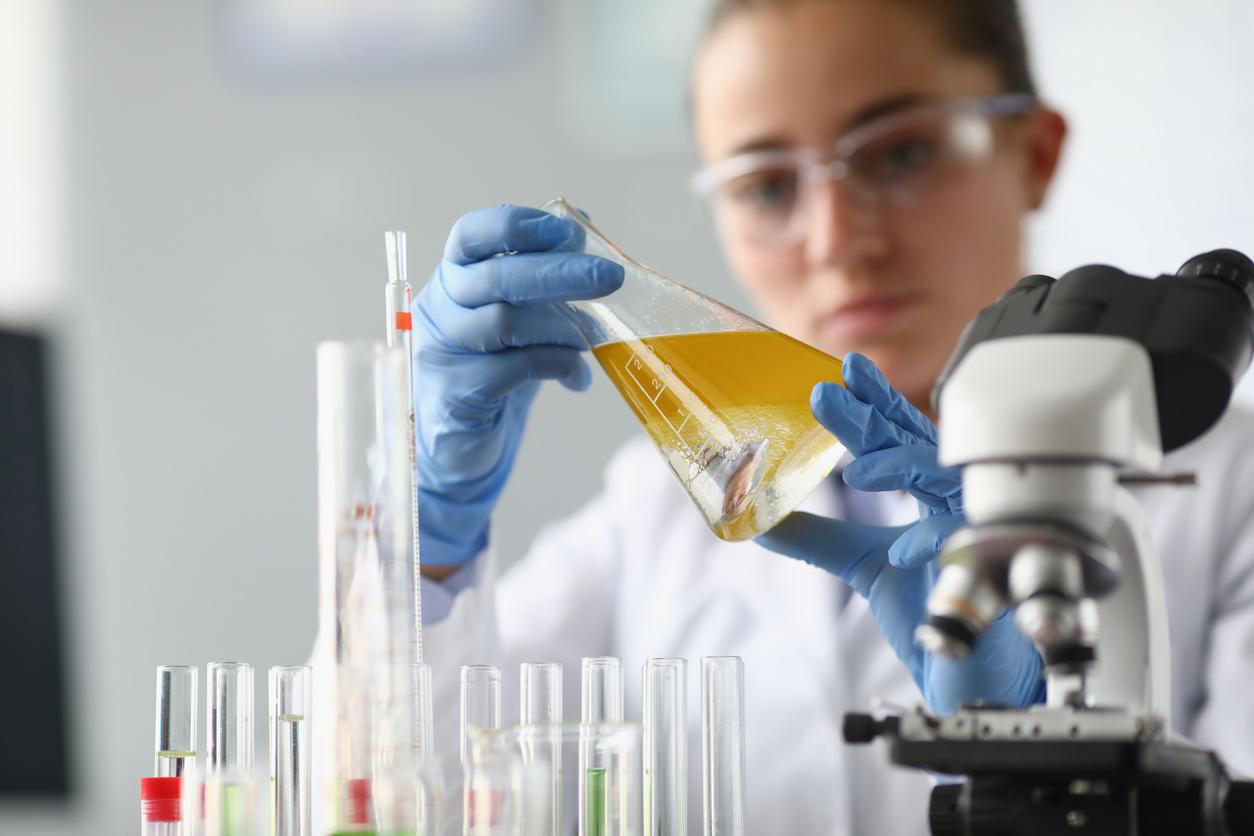This Sunday, December 1st, is World AIDS Day. To reduce contamination, screening remains essential.

- December 1st is World AIDS Day.
- There are different ways to detect the disease, but the most common is a blood test.
- Since 2016, preventive treatment has been available for people at risk.
5,500 people discovered that they were HIV positive in France in 2023. This figure, published by Public Health Franceis increasing slightly, but remains below the pre-Covid-19 level. To reduce the number of cases, it is necessary to improve disease prevention, particularly through screening. In recent years, numerous systems have been put in place to facilitate access to these different tests.
Blood test: the most common HIV screening technique
To detect the presence of HIV in the blood, several methods exist. The most common is the blood test, also called the Elisa test: it allows you to identify “anti-HIV-1 and anti-HIV-2 antibodies as well as a virus antigen called P24″specifiesHealth Insurance. However, it must be carried out at least six weeks after the last risk-taking. In the event of a positive result, a second examination is carried out to confirm the diagnosis: the Western-Blot test. Again, if the result is positive, it must be confirmed by a third test.
Detecting HIV with a drop of blood
Rapid tests have been available in France since 2010, and are used in particular by associations. Called Trod for Rapid Diagnostic Orientation Test, they provide a result in just 30 minutes. “It is most often carried out on a drop of blood taken from the tip of the finger (it can also be carried out from the fluid present on the gums), indicates Health Insurance. It detects anti-HIV-1 and anti-HIV-2 antibodies.” If the result is positive, it must be confirmed by an Elisa test. The Trod can also be used as a self-test, to be carried out at home. “They are available in pharmacies and are not reimbursed by Health Insurance.warns the organization.
How to access HIV testing in France?
Since September 1, 2024, it has been possible to access testing for HIV and four other sexually transmitted infections, without a prescription and without an appointment, in all medical biology laboratories. “This system called ‘My STI test’ complements and replaces ‘HIV Test’ – HIV screening at the person’s request without a prescription, 100% covered without age limit and implemented in 2022.explains Health Insurance. People who wish to carry out a test while maintaining anonymity must contact the free information, screening and diagnosis centers (Cegidd).

HIV: reimbursed treatment helps reduce the risk of contamination
There is also preventive treatment against HIV in France, available since 2016. PreP, for pre-exposure prophylaxis, helps reduce the risk of infection by the virus in populations most at risk. The treatment is based on taking a tablet, combining two antiretroviral drugs: emtricitabine and tenofovir disoproxil. Health Insurance covers the medication 100%. According to the latest report, published in January, around 52,000 people are undergoing this treatment in France.

















